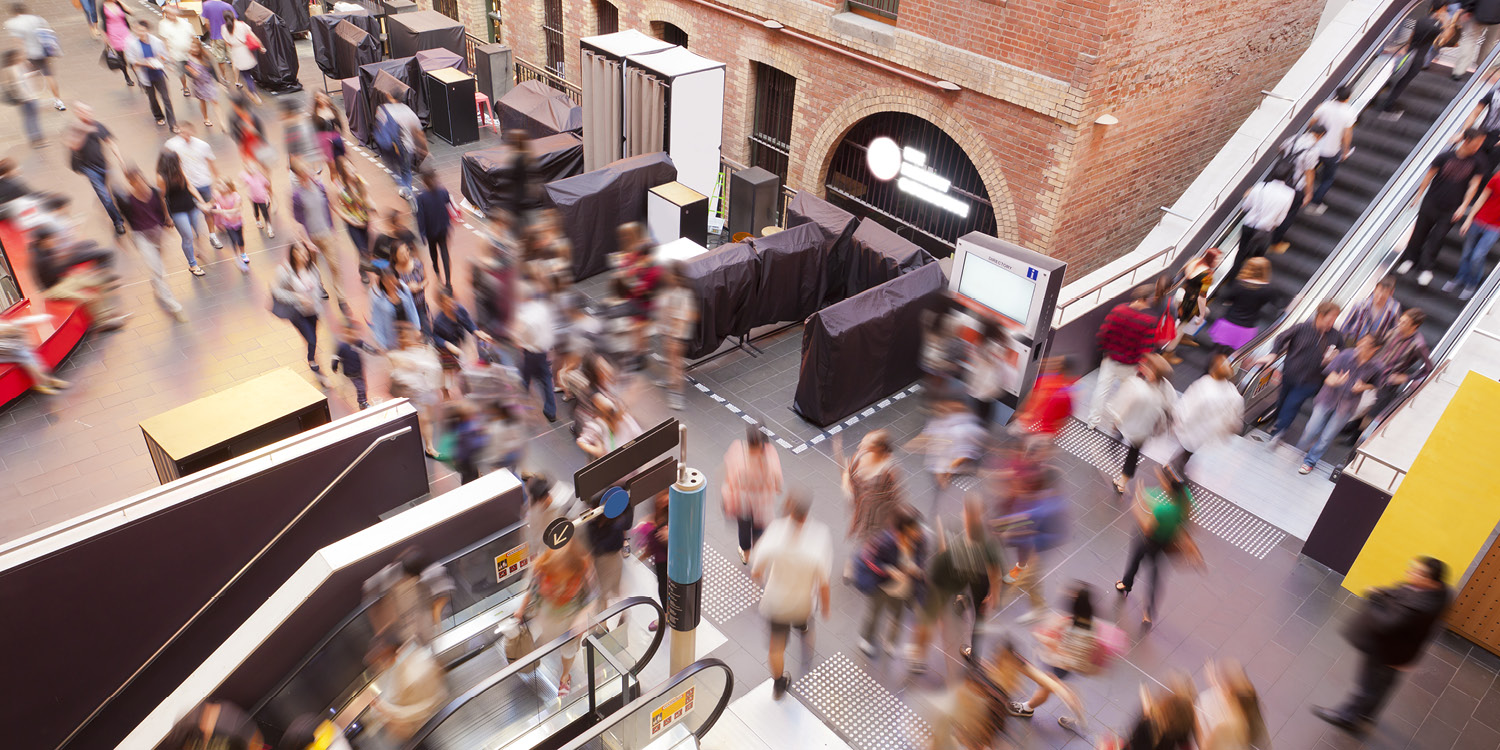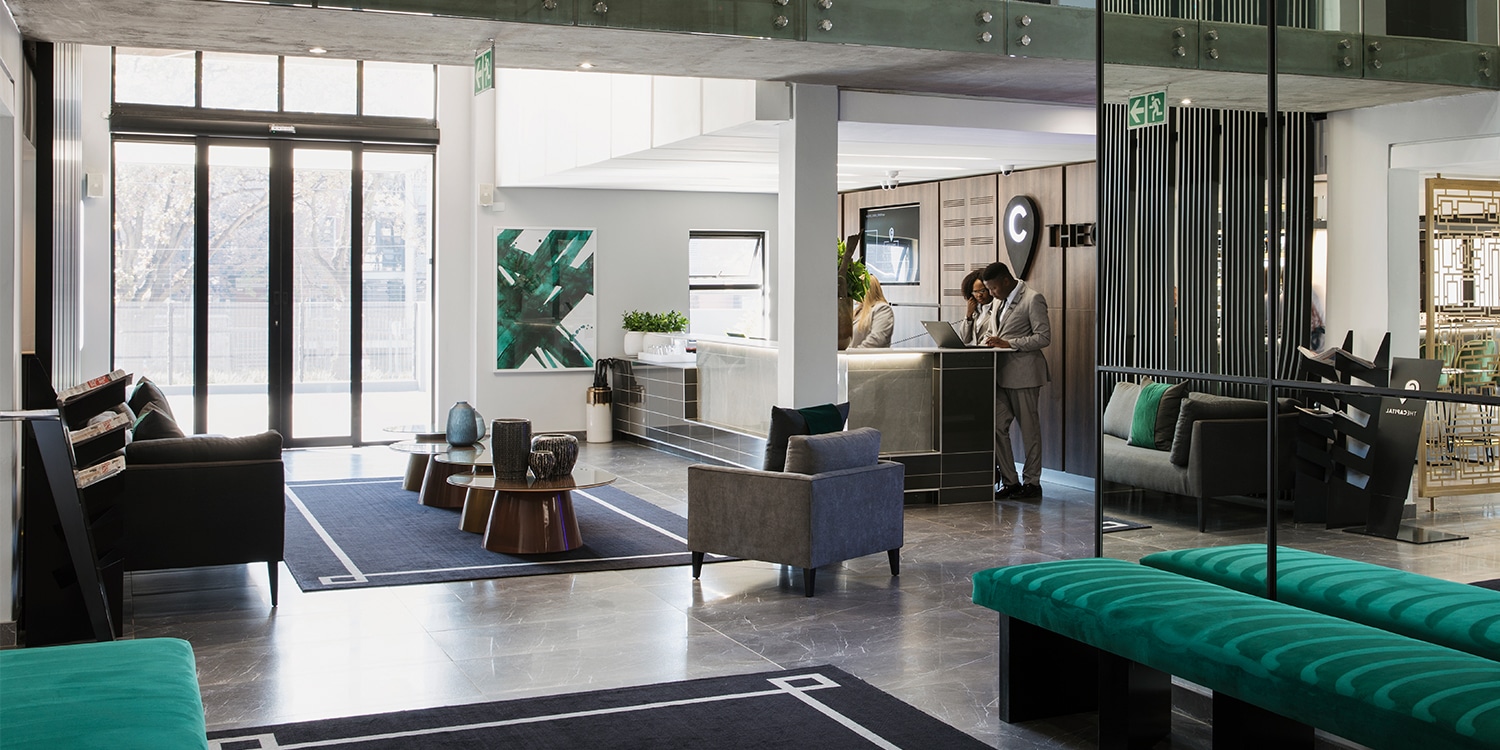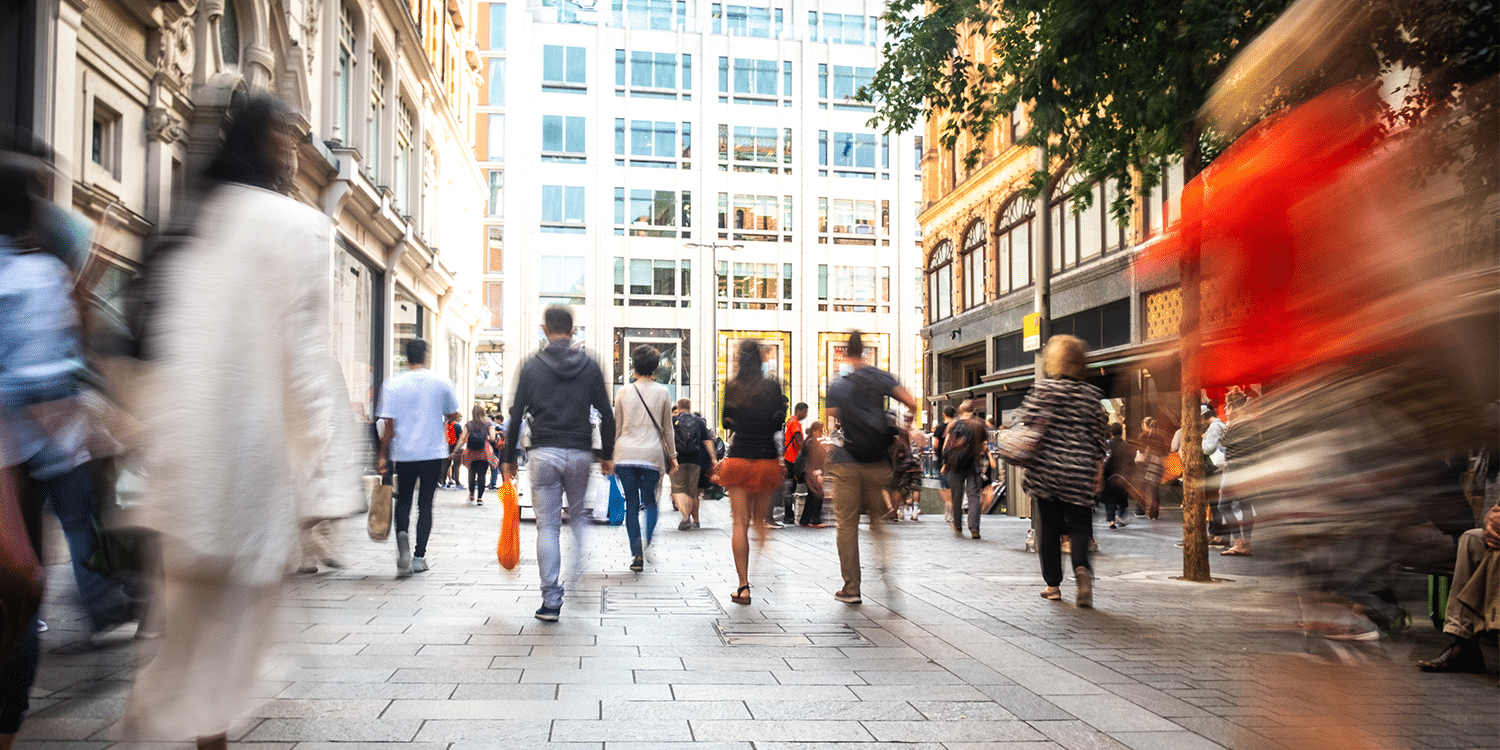
Playing the long game: why retailers should prepare now for the 2032 Olympics
Since the announcement that the 2032 Olympics will be hosted on Australian shores, mainstream news has been flooded with infrastructure plans, property price predictions and promises of record tourism numbers nationwide.
Naturally, with much of Australia currently in a pandemic-enforced lockdown, the announcement was welcomed by many retailers. With an estimated $17.6 billion at stake, many are wondering how best to capitalise on the opportunity, and how past mistakes – such as the losses reported after the 2018 Commonwealth Games – can be avoided.
With so much noise being made around developing the physical landscape ahead of the Games, it is easy to overlook just how much the rapidly-changing technology landscape will shape the success of the global sporting event – and what impact it will have on retailers not just in Brisbane, but across Australia.
People-centric technology
Over the past decade, technology has fundamentally changed the way retailers do business. Contactless payments, Afterpay and Instagram have transformed the consumer experience. With consumer data and buying trends now readily available, what innovations will be seen in the retail technology space by 2032?
Andrew Northcott, Founder and CEO of Roubler, believes effective workforce management will be a key for businesses seeking to make the most of every opportunity presented by the 2032 Olympics.
“Where the innovations of recent years have focused largely on customers, we are now starting to see retailers turn their thinking towards improving the experience for employees. This, of course, has a direct flow-on effect, influencing the way consumers interact with a brand – and ultimately impacting retail sales,” Andrew said.
“AI is already changing the game, with workforce management technology moving ahead in leaps and bounds.”
– ANDREW NORTHCOTT, ROUBLER
“Things that were the stuff of science fiction only a few short years ago – such as the ability to roster based on which team members perform well together – are now becoming a reality thanks to machine learning.
“Fast forward another decade, and the possibilities for retail are almost limitless. Drone delivery will become the norm. Computer vision will reduce theft by ensuring consumers are unable to scan the wrong item. Automated systems will predict demand based on everything from the weather forecast to what promotions are running at a particular time.”
Sustainable scalability
With the longest preparation time in the Games’ history, Brisbane 2032 offers a unique opportunity for retailers to think ahead, create a sustainable model, and reap the long-term rewards. According to Andrew, those that keep up with the pace of technological progress will cross the finish line first, while those who don’t adopt early risk falling behind.
“Before the 2018 Commonwealth Games, we saw a mass recruitment drive across the Australian retail industry. Following the event, businesses were left overstaffed and operating inefficiently. If they had the right technology in place, this problem could easily have been avoided,” Andrew said.
“For so many, demand forecasting and rostering was essentially down to guesswork; store managers were making business-critical decisions without the necessary data to support them. If you’re relying on Excel spreadsheets and systems that don’t talk to each other, it’s impossible to be fully informed.
“All-in-one software platforms provide a depth of workforce insight across everything from recruitment to rostering. Overlay this with AI and machine learning, and managers will be able to rely on technology to help them make robust decisions around exactly how and when to scale.
“This will help retailers create a sustainable business – with benefits that far outlast the few weeks of the Games themselves.”
No time like the present
While it might seem pre-emptive to start getting excited for the Games, Andrew says there is no time like the present to start the process of digital transformation in your business.
“The push towards digital and automation is nothing new, and Covid has seen a definite acceleration of the number of businesses turning to technology to help them manage their workforces more effectively and efficiently,” Andrew said.
“As your workplace evolves and grows, the right technology solution will grow with you, transforming your business into a model of efficiency and sustainability. Retailers who are first off the blocks will set themselves up to reap the benefits towards 2032 and beyond.”


